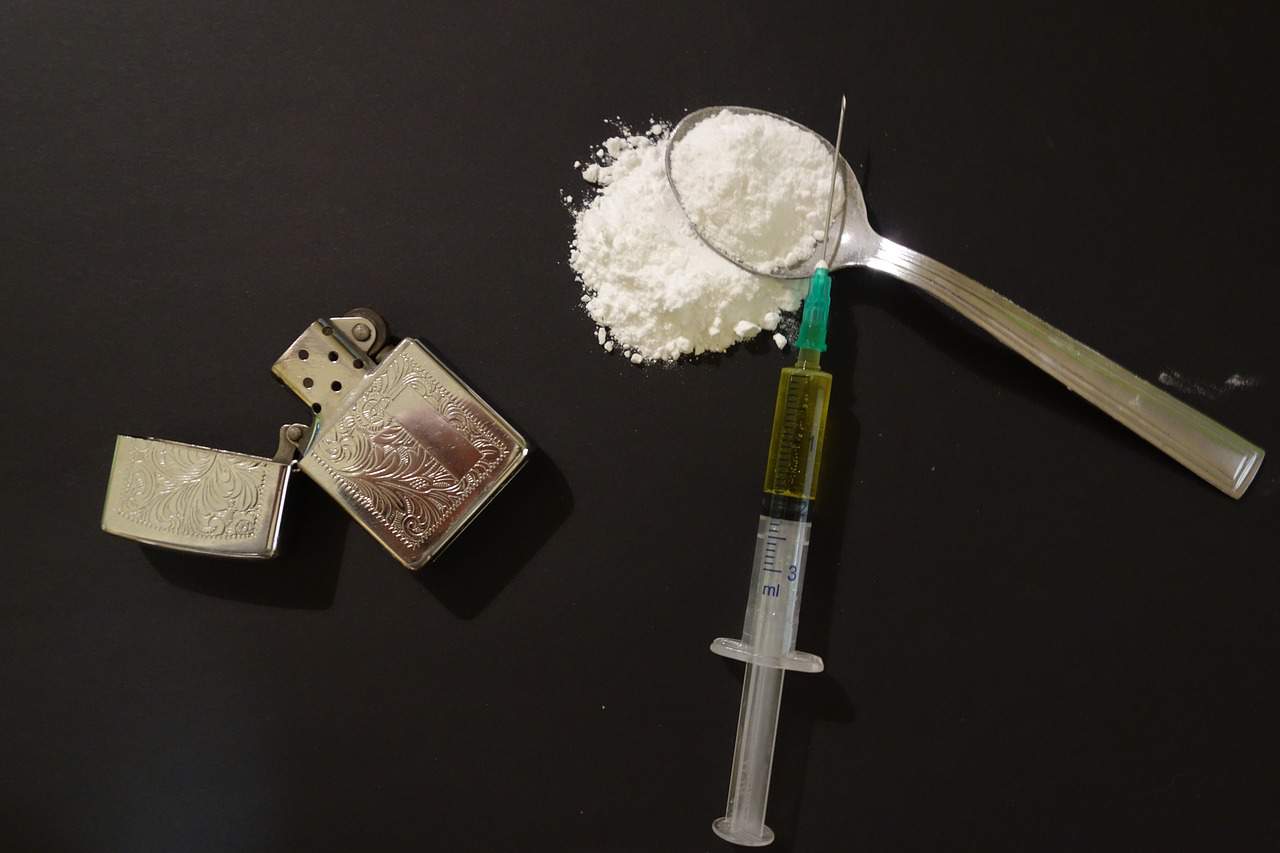Forced addiction and mental health treatment needed for patients in Brampton, Mayor Brown says
Published October 3, 2024 at 11:56 am

Mayor Patrick Brown wants to see a controversial proposal in B.C. that could force treatment on drug addicts and people with chronic mental health concerns brought to Brampton.
B.C. Premier David Eby said this week that if re-elected he would introduce involuntary treatment for those with severe addiction issues, mental health challenges and brain injuries – a plan which would see people detained under the Mental Health Act and sent to correctional and regional facilities for long-term care.
The Canadian Civil Liberties Association has called the plan a risk to basic human rights while the province says it’s focused on its current recovery and mental health model, but that hasn’t stopped the mayor from calling on Brampton to be the testing grounds for similar changes in Ontario.
“I think there’s going to be a real openness to look at regions in the province that would want to pilot this…but we’re ready to be one of those initial pilot projects,” Mayor Brown said at a press conference on Thursday.
He said the province’s current voluntary addiction treatment options “leaves a significant gap for those unable to seek help.”
With Peel Regional Police making approximately 12,000 mental health apprehensions per year or around 14 every day in Mississauga and Brampton, Brown said he wants the province to bring what he called “compassionate intervention” to Ontario.
This is not police doing police work, this is police having to fill the void because government hasn’t acted,” Brown said. “As first responders, Peel police spent 30,000 hours waiting in hospital since 2022 rather than on the front lines protecting the community.”
Brown shared data from Peel Regional Police that officers attended over 18,000 overdoses with 328 fatalities between January 2022 and June 2024. Last year hospitals in Peel had 573 opioid-related emergency room visits and 147 opioid-related deaths, and Brown said there have been 34 overdose deaths so far in 2024.
Fentanyl was a “key contributor” in 90 per cent of the overdose deaths in Peel during 2022 and 2023, he said.
Introducing forced treatment would ease financial and staffing pressures on emergency services but would need to be paired “with broader initiatives” addressing the root causes of homelessness, addiction and mental health, said Coun. Rowena Santos.
“Simply detaining individuals for treatment without tackling the underlying social determinants such as homelessness will not result in lasting recovery,” Santos said, adding that any pilot project in Ontario should come with legal options for patients and that human rights advocates be involved in the process.
Brown said that while he believes any new legislation in B.C. will be tested in court, he wants to “nudge” the province towards a similar move and is “cautiously optimistic there will be support for a pilot project here.”
The news in B.C. was met with criticism from addiction and harm reduction advocates and Alberta has also been looking at bringing in involuntary mental health and addiction legislation.
INsauga's Editorial Standards and Policies